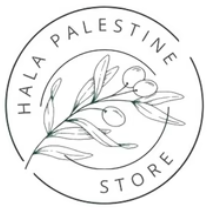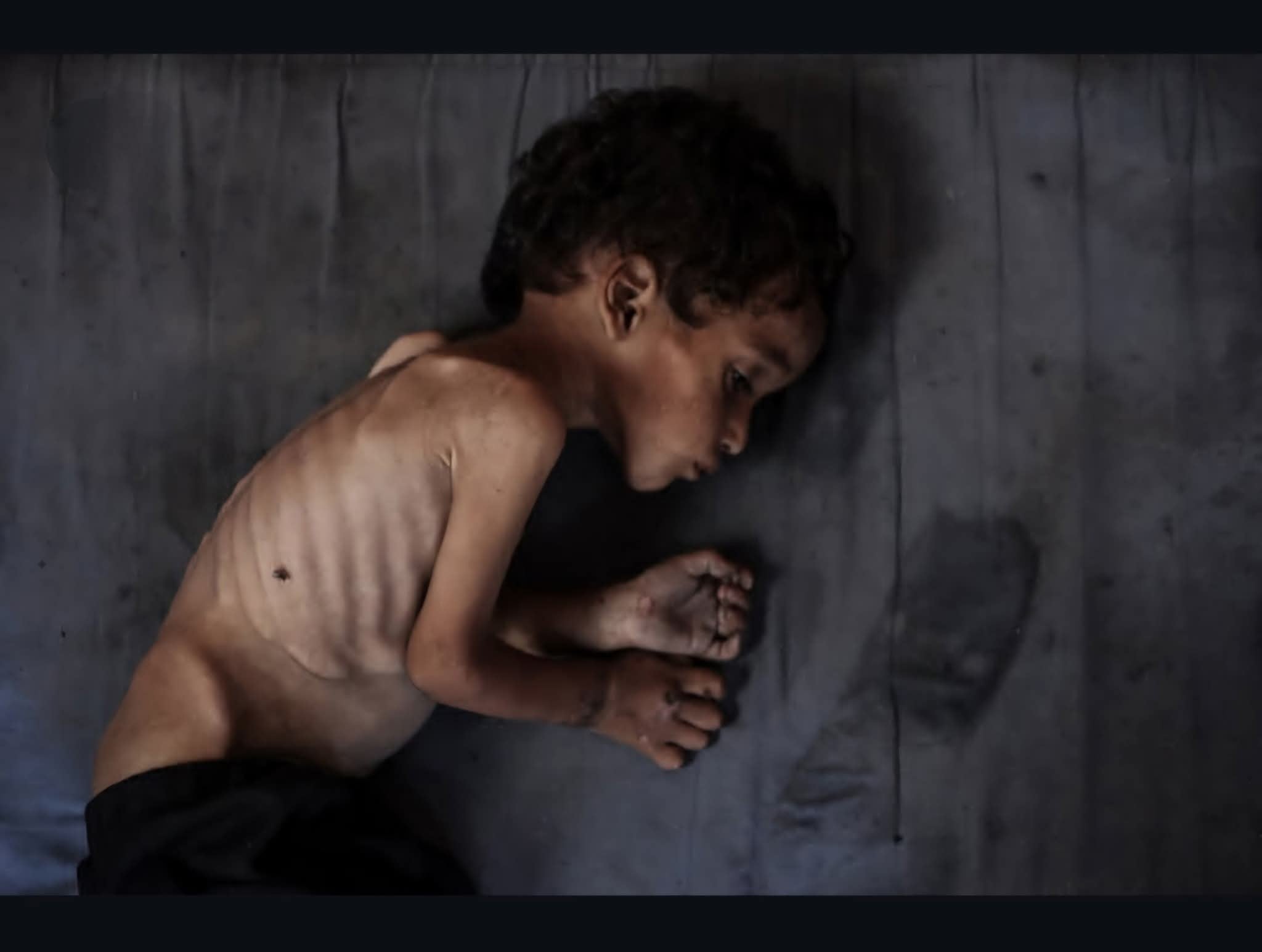
The Olive Tree: Symbol of Life, Survival & Palestine
There is no symbol of Palestine more enduring than the olive tree. It is impossible to walk through a Palestinian village, town, or the hills surrounding Nablus, Ramallah, Jenin, Bethlehem, or Al-Khalil without encountering their silhouettes. Some of these trees are so old that no one remembers who planted them. They have witnessed the rise and fall of empires, survived droughts, fires, wars, and invasions. They remain standing—often scarred, often twisted, but always alive. In a region where the landscape itself has carried centuries of conflict, the olive tree has become more than a plant. It has become a testimony.
You cannot understand the relationship between Palestinians and the olive tree unless you understand what the tree means in daily life. It is not simply agricultural. It is interwoven with identity, economy, memory, and belonging. Families pass olive groves from parent to child the way others pass heirlooms. These groves often represent a family’s history, wealth, and connection to land all at once. A Palestinian child can grow up knowing the olive trees on their grandfather’s land more intimately than the geography of their own neighborhood.
Olive harvest season is one of the most important cultural moments in the Palestinian year. It is not limited to farmers or villagers. Teachers, students, merchants, office workers, neighbors, cousins, and friends come together to pick olives in October and November. This communal act is older than recorded history. The laughter, the shared meals, the climbing of ladders, and the rhythmic tapping of olives falling onto tarps create a fleeting but precious sense of freedom—an oasis from the pressures surrounding Palestinian life.
Beyond its meaning as a cultural anchor, the olive tree also functions as the backbone of a significant economic sector. Before 2023, more than 100,000 Palestinian families relied on olive harvests for part or all of their income. Olive oil is not just household food; it is a major export, a currency of survival. In normal times, olives and olive oil contribute between 14% to 20% of the agricultural economy in the West Bank. These numbers shift based on the harvest and political climate, but the economic importance remains consistent. For many families, especially in rural areas, the olive harvest is what pays winter bills, school fees, and health expenses for the year.
Yet the olive tree is more than a source of food or income. For Palestinians, it represents continuity. The roots of an olive tree grow deep and wide, anchoring into the earth even in rocky terrain. This mirrors the relationship Palestinians feel with their land—strong, historical, not easily moved. You will often hear Palestinians speak of olive trees as though they are relatives: an old aunt, a wise grandfather. People describe their branches with affection. Families give names to specific trees that have stood in their fields for centuries.
The endurance of olive trees also symbolizes the endurance of Palestinians themselves. When people describe uprooted trees, they speak with the language of loss, almost as if describing a home destroyed or a relative harmed. This emotional vocabulary reflects a reality rarely understood by outsiders. Palestinians do not view olive trees as mere crops. They see them as part of their family structure, part of their identity.
Because of this profound relationship, the destruction of olive trees—whether by environmental conditions or by human intervention—represents more than economic loss. It represents the severing of continuity. Over the past decades, tens of thousands of olive trees have been uprooted in areas across the West Bank due to land confiscation, settlement expansion, bulldozing, or agricultural restrictions. Each uprooted tree represents generations of memory: the hands that pruned it, the laughter of children climbing it, the harvests that fed families. It is a trauma layered into the soil.
But Palestinians, resilient as they are, replant. They gather saplings, return to the fields, plant new roots, and begin again. This cycle of loss and renewal has become a central part of the olive tree’s symbolism. The tree is not invincible, but it is persistent. It grows back, even when cut down to its core. A pruned tree often comes back stronger. This capacity for regeneration mirrors the Palestinian spirit. No matter how many times they are pushed back, they grow again.
The olive tree also carries religious, historical, and literary weight. It is mentioned in the Quran and the Bible. In both Christian and Islamic traditions, it is seen as a blessed tree. The oil is used for anointing, for healing, for cooking, and for lighting lamps. In Palestinian homes, olive oil is more than an ingredient; it is a kind of cultural medicine, a symbol of purity and health. Grandmothers place olive oil on a child’s forehead before exams or long journeys. Women dip bread in oil as part of morning rituals. Olive oil presses become gathering spaces, especially in rural areas, where families bring their olives to be weighed and milled.
It’s not just the oil. Olive wood, too, plays a significant role in Palestinian life. In Bethlehem and surrounding villages, olive wood carving is an industry that supports thousands of workers. Carvers turn olive branches and trunks—taken only from pruned or fallen trees, not from live cutting—into religious figurines, ornaments, kitchen tools, sculptures, and artworks. The grain of olive wood is intricate and warm, with variations in color that tell the story of the tree’s age and environment. Because olive wood comes from older trees, the pieces carved from it carry a sense of antiquity and groundedness.
When someone abroad purchases a piece of olive wood craft, they often admire its beauty without realizing they are holding a physical fragment of Palestinian land. The wood itself grew under sun and wind, through winters and droughts, through political eras and generational shifts. It is not just a material. It is geography preserved.
The economic importance of olive wood carving mirrors the significance of olive oil production. It keeps alive small family workshops, many of which rely entirely on international customers because local demand cannot sustain them. These workshops are often located in the heart of Bethlehem’s old city or just outside Beit Sahour. They operate with narrow margins, because olive wood is difficult to source and time-consuming to carve. But the artisans who work these pieces see themselves as guardians of a heritage. Their work is not just craftsmanship; it is cultural preservation.
Those who buy olive wood pieces or Palestinian olive oil abroad often do so for aesthetic appreciation, but many also recognize the deeper impact of their choices. Purchasing these items helps sustain communities. It helps resist economic marginalization. It provides a kind of continuity for families whose connection to the land is constantly threatened.
When an olive wood spoon, a soap bar made from olive oil, or a bottle of the oil itself arrives at someone’s home in New York, Toronto, London, Sydney, or Amman, it brings with it an unspoken message: someone’s resilience has traveled across an ocean. The customer becomes part of a chain that connects the hills of Palestine to homes around the world. They become a link in a story far older than they might realize.
The olive tree holds a quiet, humble power. It stands without spectacle. It grows without demanding more than the soil beneath it and the seasons that feed it. It gives generously—to farmers, to artisans, to families, to the land itself. It is a symbol that does not need slogans because it is rooted not in metaphor but in lived reality.
Some nations adopt birds or flowers as symbols. Palestine has the olive tree. A tree that grows even in poor soil, survives fire, and thrives in rocky terrain. A tree that bears fruit year after year, even after drought. A tree that people remain attached to, no matter how far they travel.
In the end, the olive tree represents a truth Palestinians know deeply: that life continues even under pressure, that roots matter, that land remembers, and that the things we nurture across generations become part of who we are.
When a customer purchases a piece of Palestinian olive wood, or a bottle of Palestinian olive oil, they carry this truth with them. They take home not just a product, but a piece of the land’s resilience. They support families who continue traditions older than the borders around them. They keep alive a connection between people and soil, between craft and survival.
The olive tree, in all its quiet strength, remains one of the most honest expressions of Palestinian identity. It lives through time, despite time. It endures, despite everything. And in its endurance, it teaches the world something about what it means to belong to a place with your whole being.







